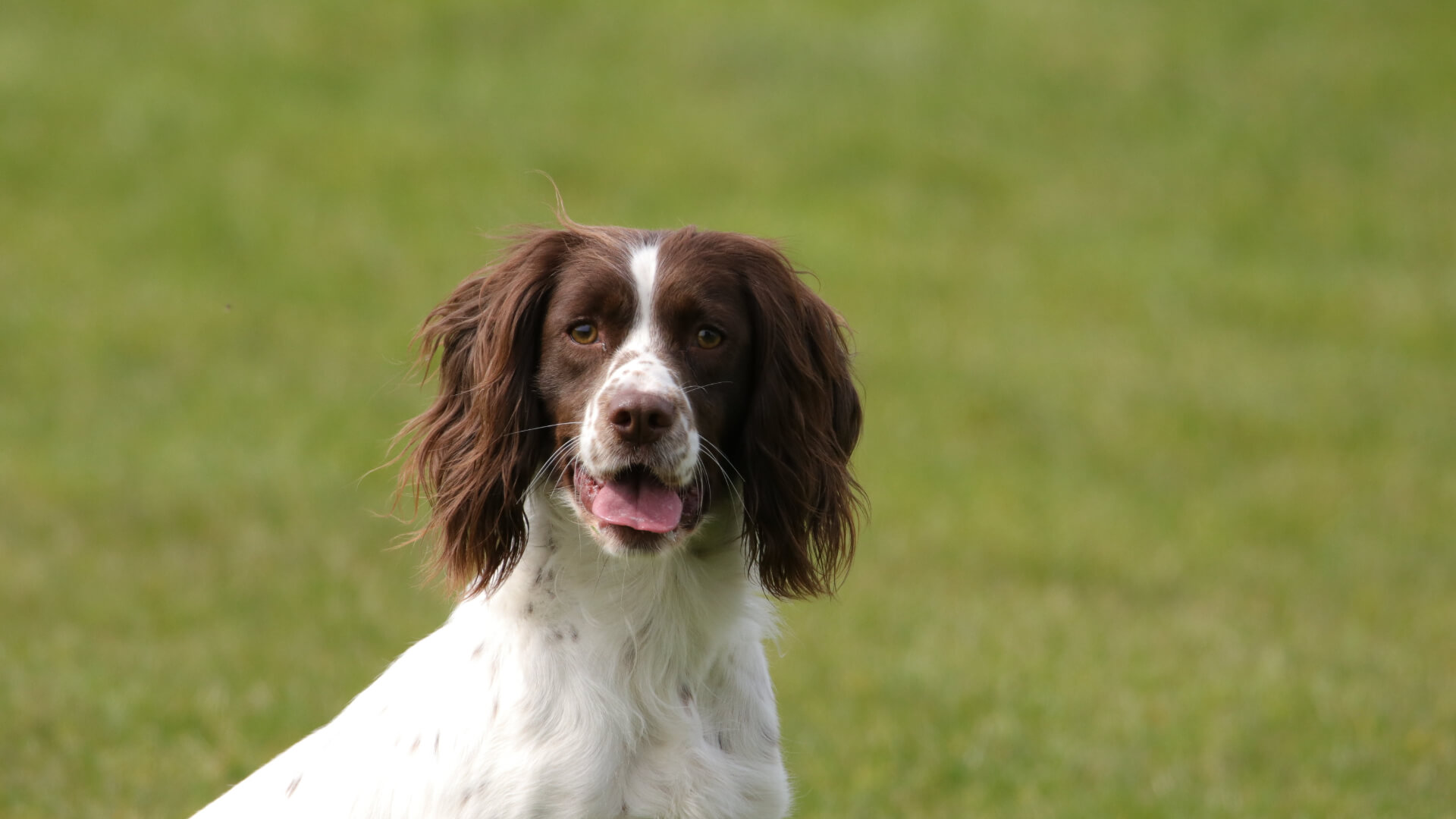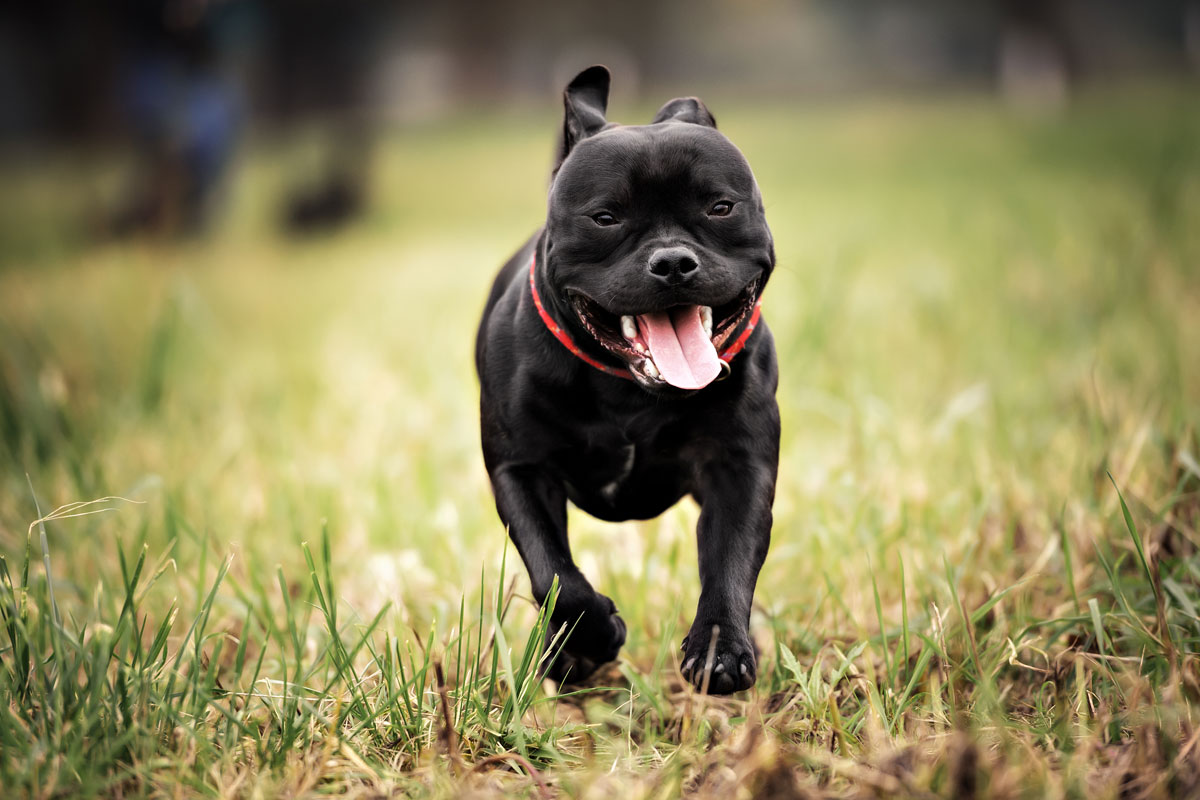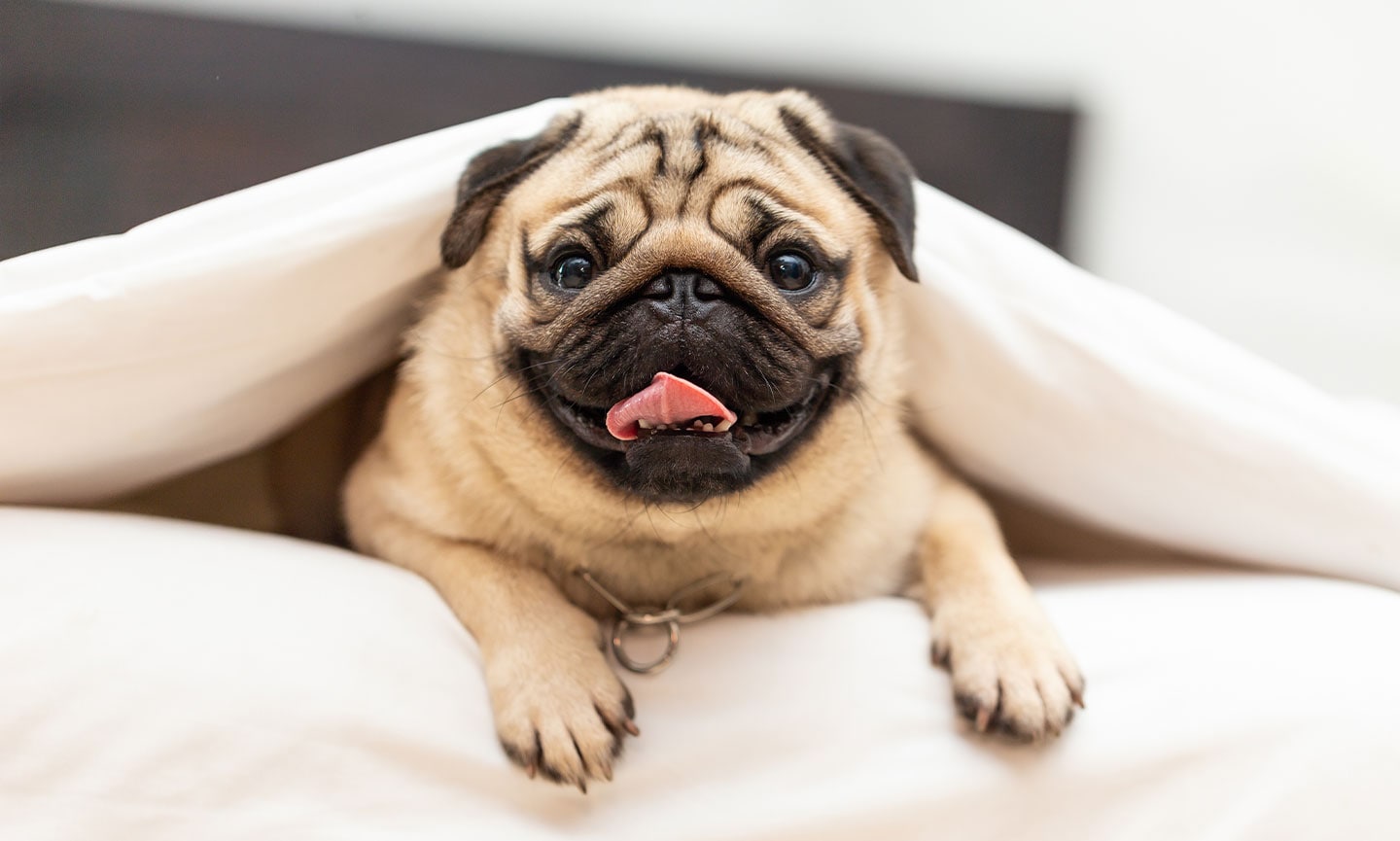Table of Contents
How to look after your cat in this case
A cat’s weight is one of the key indicators of their health. so watch out for a cat’s unintentional weight loss or unexplained weight loss. You can learn more in this blog.
There are a number of reasons why your pet might be losing weight, and it’s important to find out what exactly is going on so you can help them get back to being healthy. In this post, we’ll look at some potential causes for weight loss, as well as ways you can work with your vet to help your furry friend bounce back.
Why Is My Cat’s Weight Dropping?
What makes a cat lose weight?
Many owners think that weight loss is normal for senior cats, but this is not the case. Unintended weight loss can be an indicator of a more serious, underlying issue. Your cat’s weight will naturally change from kitten to adult, affected by factors as varied as sex, breed, age, diet and lifestyle, which might men weight loss or weight gain. Weight loss can occur with a normal appetite, or the appetite may be increased of decreased. It’s important to consult a vet if you notice a sudden drop in your cat’s weight.
What might be causing my cat’s weight loss?
The first question to ask when your cat starts losing weight is about their diet. In most cases, cats lose weight when they are not eating enough, hence weight loss. However, some diseases can cause weight loss even if the animal is being fed regularly, so it’s important to get a thorough check-up from the vet as soon as you notice any changes in appetite. You should know your cat’s healthy weight to start and then aim to maintain that healthy weight.
Hyperthyroidism
Your cat may be losing weight because they have a condition called hyperthyroidism. The enlargement is usually caused by benign tumors that grow on the thyroid.
Hyperthyroidism often causes increased appetite, weight loss, and increased thirst and urination. Other symptoms include vomiting, diarrhea, hyperactivity or vocalization as well as a greasy coat on the cat’s fur. Hyperthyroidism is treated with radioactive iodine or oral medication.
Kidney Disease (Chronic)
The kidneys are vital to the cat’s health, and as cats age they often suffer from chronic kidney disease, which can lead to cat weight loss.
To diagnose chronic kidney disease, your veterinarian will do a blood test, urine analysis and urine culture on your senior (over 10 years old) house cat. These tests provide valuable information about how well his or her kidneys are functioning
Several early symptoms of kidney disease include increased thirst, urination, and appetite loss. These often lead to weight loss and lethargy. The condition is incurable but it can be managed through medications, diet changes, and fluids.
Diabetes
Diabetes mellitus is a condition where the pancreas has difficulty producing insulin, which helps regulate blood glucose levels and other hormones.
Signs that your cat may have diabetes include weight loss, increased appetite for foods with higher carbohydrates, thirst (possibly vomiting due to dehydration), urinating more frequently than normal, and lethargy.
Gastrointestinal Problems
Any issue in the GI tract can cause a cat to lose or gain weight. Depending on which part of the digestive system is affected, it may affect appetite and digestion or stimulate hunger and food intake. Some causes for loss of weight include intestinal parasites, inflammatory bowel disease, pancreatitis, other pancreatic issues (such as diabetes), and cancer in the GI tract (intestines)
GI issues can be the cause of many symptoms including loss of appetite, weight loss, vomiting, diarrhea and more. Other conditions may require medical treatment or adjustment to your cat’s diet.
Dental Issues
Oral and dental issues can cause extreme pain, decreasing appetite and leading to weight loss. Oral problems in cats include periodontal disease, resorptive lesions and tooth fractures. Periodontal disease causes inflammation of the tissues around a cat’s teeth that can lead to tooth loss or damage if not corrected. Resorptive lesions involve break down of gum fabric as well.
Carcinogens and cancer
Cats get cancer just as people do and some types of cancers can be hard to find. The symptoms vary, but most forms cause general malaise, lethargy, pain, muscle wasting, appetite loss, and weight loss.
Stress
Cats often respond to their surroundings quietly and without much that’s visible on the outside. When something changes in your cat’s environment, he or she may experience anxiety and stress. If this goes unnoticed for too long, it could lead to a loss of appetite followed by weight loss.
A general overview of symptoms leading to weight loss in cats
There are many potential reasons why a cat might lose weight. In some rare cases, it may be from an underlying health condition that the owner doesn’t notice other warning signs for. It’s hard to diagnose illnesses in cats because they show different symptoms than humans do and there is also no reliable medical test to tell us what is wrong with them other than a lot of examination.
Other issues that might cause a cat to lose weight?
If none of the above are right, then as your vet about the following:
- liver disease
- blood pressure problems
- organ failure
- fatty liver syndrome
- food allergies
- feline diabetes – is it s case of increased drinking?
- benign tumor
- thyroid gland issues/thyroid hormone
Should I panic?
We have listed above some of the medical issues. But could it be simpler?
Have you recently changed your cat’s food? If you cat is losing weight it may not like the food, so first look in the food bowl and make sure that the bowl is empty, but also clean. In that case there may be no underlying medical problem. If your cat isn’t eating then change it’s food and up the calorie content to get your cat to it’s ideal weight.
If that isn’t the case then ask your vet for tests and a complete physical exam, including blood test and urine tests. Your vet will also see of there are other signs of change.
Conclusion
People worry about cats and eating but like other animals, sometimes they just go off their food. If the loss of appetite continues, then seek veterinary care in the case of health problems.




